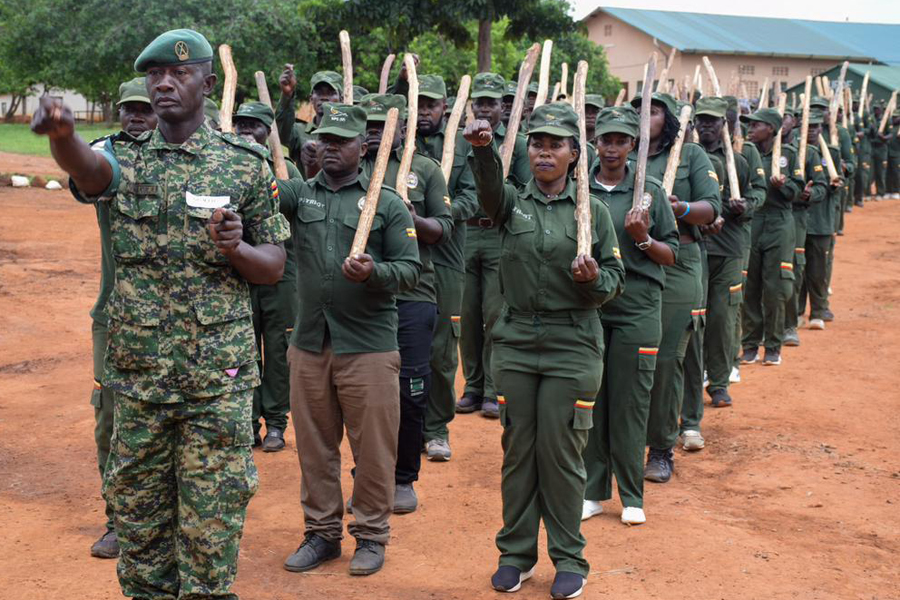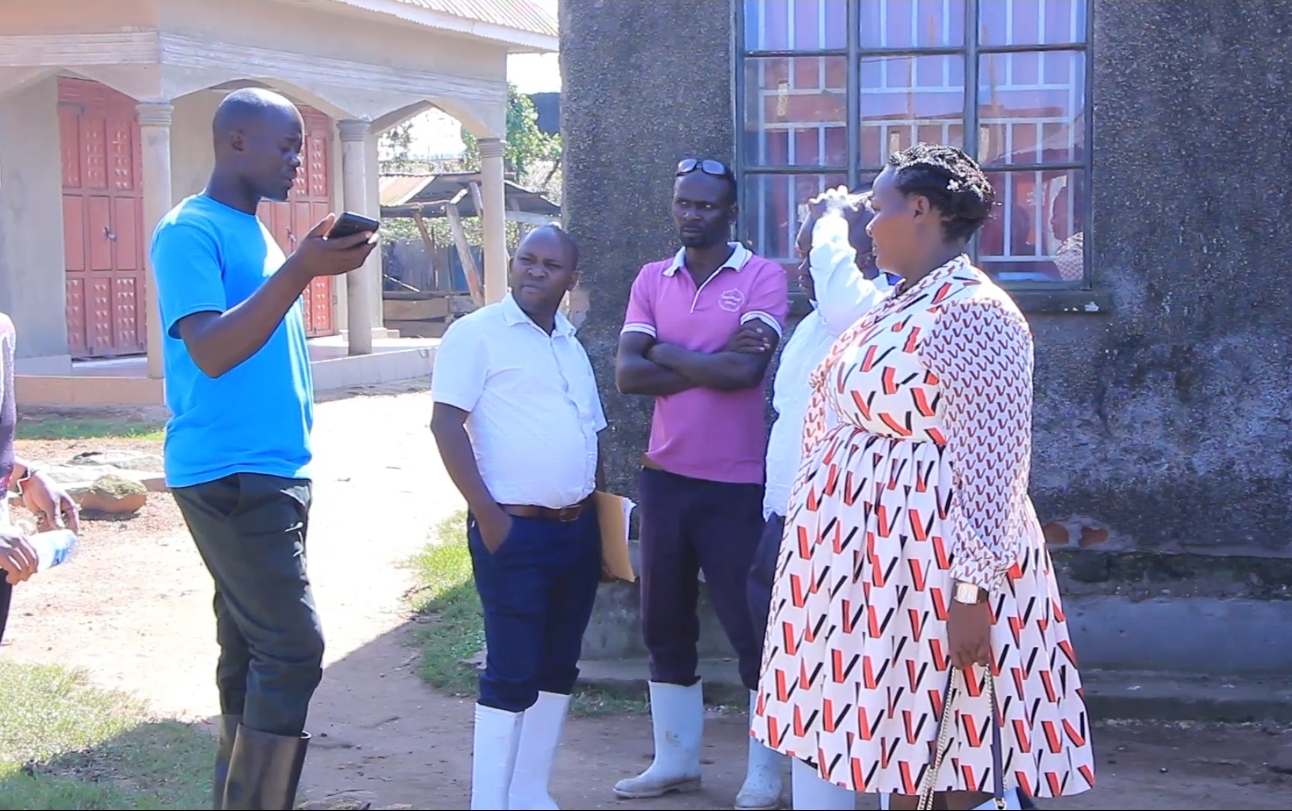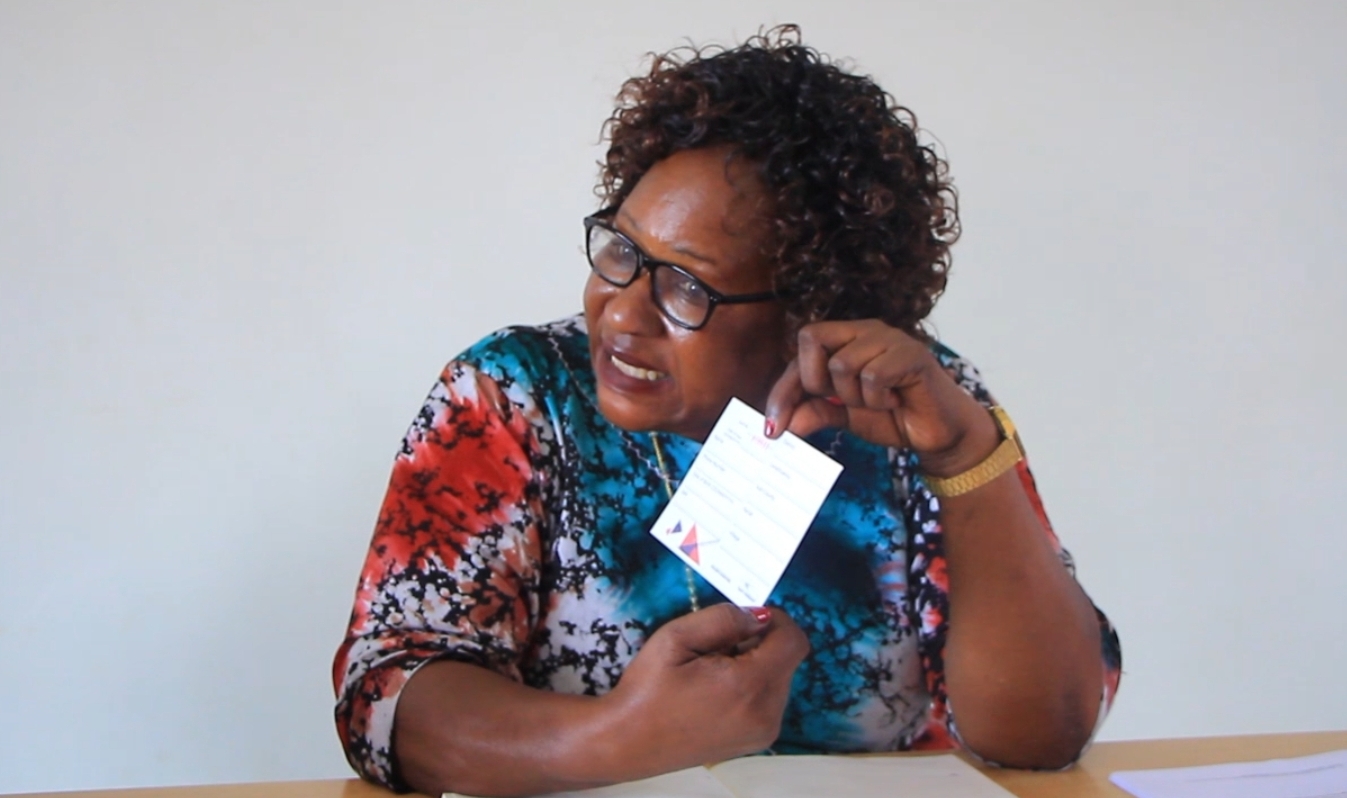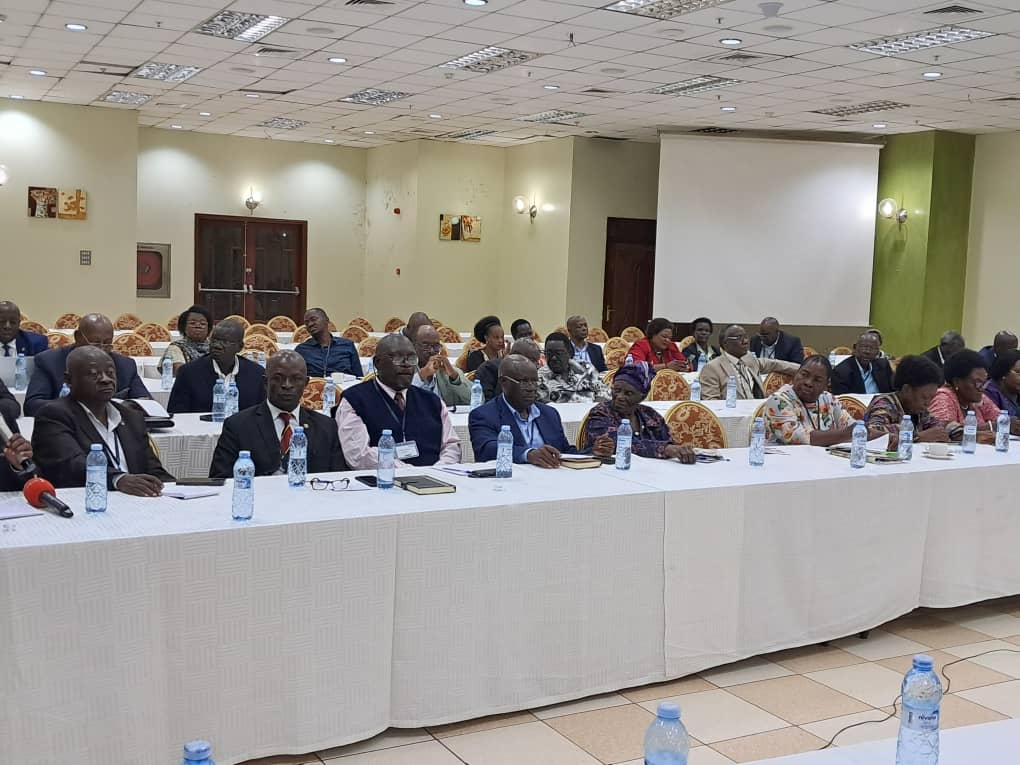Kenya launches app that allows users track rare mammals
Kenya's wildlife authorities have launched a free mobile phone app that allows users to track sightings of rare mammals to help authorities protect them.
The Mammal Atlas Kenya, or Makenya, allows any user who spots a wild mammal to identify it and log the location.
Keep Reading
Kenya is home to nearly 400 species of mammals, 22 of them natives to regions of Kenya, according to national figures. Authorities say it is getting more difficult to protect them, as climate change and human activities take a toll on their natural habitats.
So the National Museums of Kenya, the Mammal Committee of Nature Kenya and partners designed the mobile app, which also provides a way to upload photographs and details, such as the number of mammals sighted and their exact locations.
"You can also add the behavior," said Dr. Simon Musila, a researcher at the National Museums of Kenya. "When you see this animal, what are they doing? Are they resting? Are they running away? Are they feeding? What are they doing at the moment you see them?”
Musila said it’s important to engage the public using technology to help the country’s limited number of mammal specialists. Wildlife authorities said staff would keep records of the animals’ changing environment and survival conditions.
There's a need "to bring in many people who can contribute a lot of data," he said. "These are people like safari guides. These are people like students, tourists, people who go out and come across animals and will be willing to submit data."
Samson Onyuok uses the Makenya app. Users like him have reported more than 2,500 mammal sightings since the app launched in August.
"First, I think I take pride in contributing to conservation initiatives in the country," he said. "I think as a Kenyan, that is my little way of contributing to the conservation initiatives. So, yes, there is a fulfillment that comes with that."
Experts say Africa contributes minimally to climate change but is bearing the brunt of its consequences. Dr. Philip Muruthi, vice president of the African Wildlife Foundation, told VOA that reproduction of the rare mammals and the survival rate of young ones are dropping.
"It is very hard to benefit or manage what you don't know," he said. "That is why this is so important. It is going to tell us which species we have, where they are, and maybe which ones are highly endangered, what we need to do about them. And especially not just the big things but also the small things, like the bats."
Wildlife officials say Kenya is a habitat to at least a third of mammal species in Africa and are hopeful app users will boost efforts to protect them.
Source: VOA


















